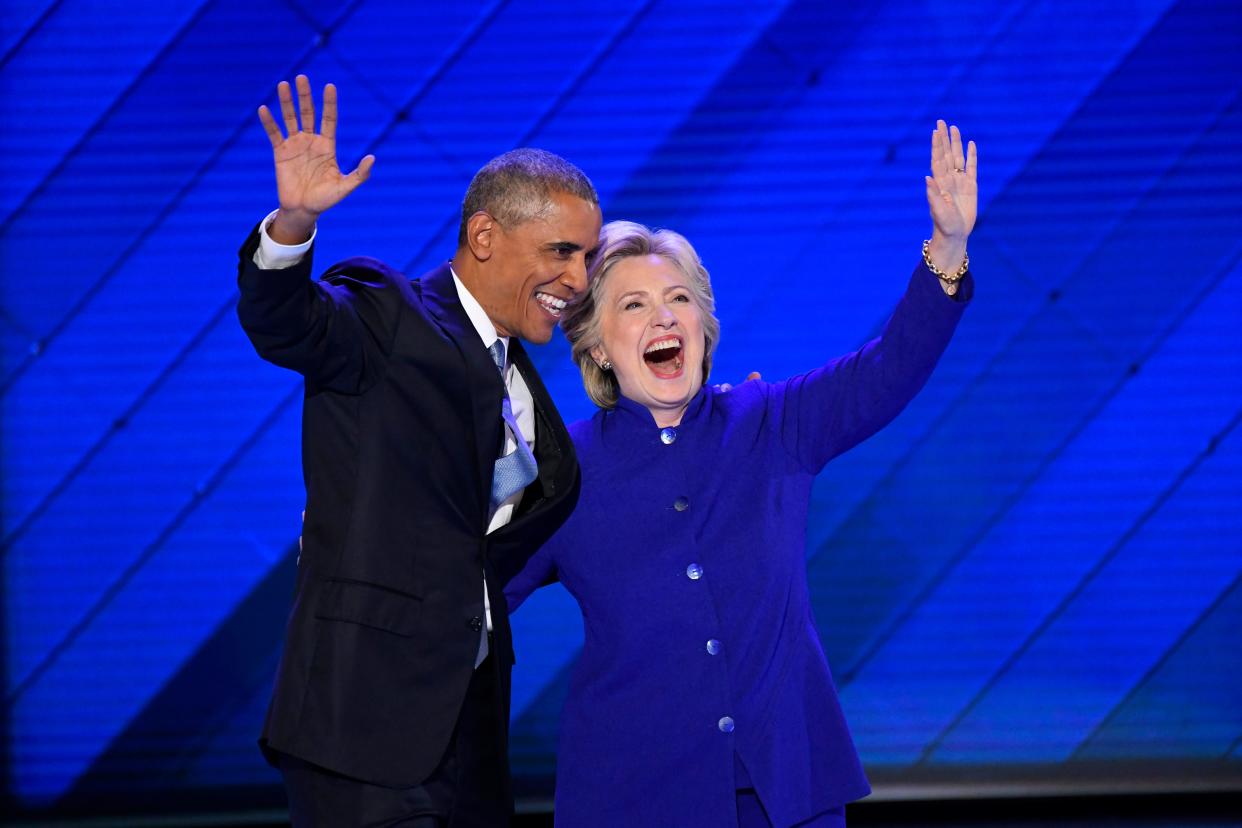When it comes to protests like at UT, passion and provocative behavior often intertwine
As a comparatively obscure scholar in the mid-1970s, Laurel Thatcher Ulrich dropped a line in an academic essay on the Puritan era that said, "Well-behaved women seldom make history."
It was an observation, not the clarion call to activism it would soon become. And now, nearly 50 years after Ulrich put those words to paper, that unintended call still rings, and it crosses all genders and ideologies. Perhaps the latest example of using less than genteel tactics in the effort to leave a mark on history was the dayslong pro-Palestinian protest demonstrations at the University of Texas, and others like them around the country.
Such demonstrations, at least the most effective ones, are generally not conceived and carried out with the strictest definition of good behavior top of mind. Instead, they are loud, provocative and designed to discomfort the supporters of whatever cause is in the participants' crosshairs.

The UT demonstrations and those like them at university campuses across the U.S. were organized to protest Israel's wartime conduct in Gaza, where more than 30,000 people have reportedly been killed, and amped up support for a Palestinian homeland in the Middle East. Like the Black Lives Matter rallies in the wake of the 2020 death of George Floyd while being restrained by police in Minneapolis, the pro-Palestinian demonstrations tend to attract progressive participants, and their tactics are often scorned by conservatives.
But those on the political left do not have a monopoly when it comes to public protests. When it appeared that state leaders might roll back, even modestly, gun rights laws in the wake of the deadly mass shootings in Sutherland Springs, Santa Fe and El Paso, Second Amendment advocates — many with military-style rifles slung from their shoulders — descended on the Capitol in droves to warn Republican leaders of the price they would pay should such policy changes advance.
In that example, the demonstration proved highly effective. Gun rights were not rolled back in Texas; instead, they were expanded.
The anti-abortion movement for decades has used the anniversary of the Jan. 22, 1973, Roe vs. Wade decision to flood the grounds of the state Capitol with demonstrators and graphic images posted on placards. Even though Roe was reversed in 2020, ending the constitutional right to abortions, the demonstrations continue, and they draw thousands. One was held in January at the Capitol, and Texas Rally For Life is already promoting next year's event with a countdown clock to the 1 p.m. Jan. 25 start time.
More: Charges dropped against all 57 arrested in connection to UT-Austin pro-Palestinian protest
Attitudes on what is a legitimate First Amendment right to demonstrate and what is a disruption of public order for the sake of disruption tend to blow with the wind. It wouldn't be a stretch to argue that many of the people harboring sympathy for the pro-Palestinian demonstrators would thumb their noses, or perhaps choose to wave a different finger, at those demonstrating at gun rights and anti-abortion events. The reverse is probably equally true.
The notion of disruptive behavior also comes at the individual level. Ulrich's line, which the Pulitzer Prize-winning author-historian later turned into the title of a book, was sort of an unofficial campaign slogan during a former U.S. secretary of state's runs for president in 2008 and 2016. If fact, you can still buy on Amazon a Hillary Clinton T-shirt with the message from the 2016 campaign.
For Clinton, the sentence had particular salience because it helped blunt any argument that a woman ought not be president. Other political figures have used the message, if not the same words, to force themselves onto center stage when conventional wisdom would have them wait their turn.

Photographs of John F. Kennedy playing touch football became famous during his 1960 presidential campaign to demonstrate his youthful vigor at 43, while the sitting president at the time was north of 70. For Barack Obama, whose detractors questioned his electability because of his race and shortage of national experience, his presidential campaign invoked "the fierce urgency of now" to make his case for jumping past more seasoned candidates.
Perhaps no one capitalized better on the notion that good behavior is overrated than Donald Trump when he morphed himself from the "you're fired" host of "The Apprentice" to the presidential candidate who sometimes urged supporters to "knock the hell out of" anyone who disrupted his rallies.
It remains to be seen if the pro-Palestinian demonstrations at UT and elsewhere will upend Israeli military policy in Gaza or reshape the U.S.-Israel alliance. But given the passion behind the protests, fidelity to good behavior isn't likely to factor into the demonstrators' tactics.
This article originally appeared on Austin American-Statesman: Protests like the ones at UT-Austin are loud and provocative by design
